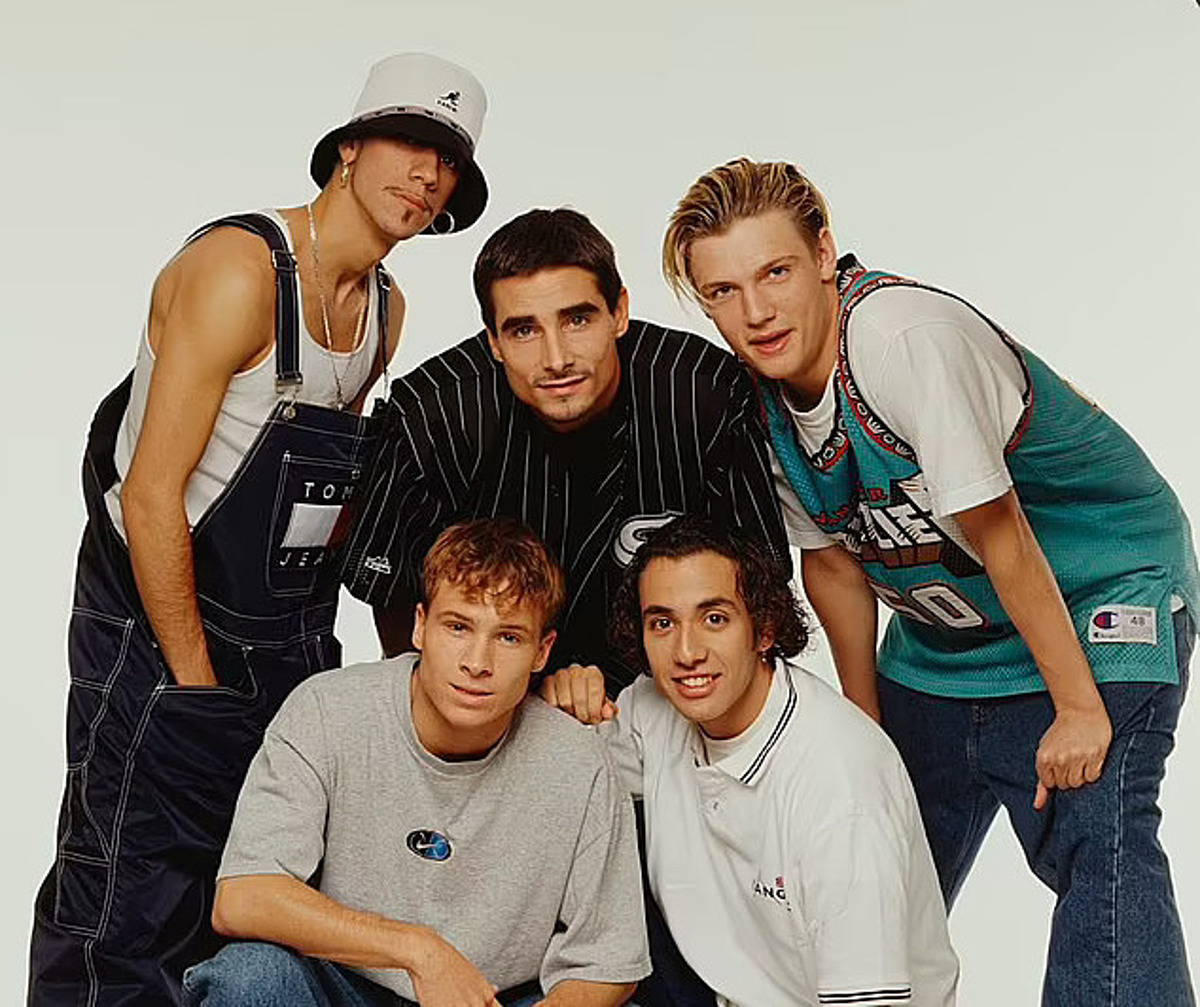Fans of the Backstreet Boys noticed a slight change in Brian Littrell's voice during their Las Vegas residency, "Into The Millennium," at the Sphere in the summer of 2025. The 50-year-old singer later confirmed that his voice has been affected by a chronic condition related to his vocal cords for over a decade.
"I'm working with a vocal therapist in California, and my voice is slowly returning to normal. But it's a long and persistent journey," Littrell shared.
Since 2012, Littrell has struggled with muscle tension dysphonia (MTD) and dystonia, which make it difficult for him to control his voice, especially while performing. In a recent video, he described experiencing the first symptoms during a tour with New Kids On The Block.
"The muscles around my vocal cords started tightening and blocking airflow, preventing me from controlling my voice like before," Littrell said.
MTD is a voice disorder caused by abnormal muscle activity around the larynx, not tissue damage like nodules or polyps. Those affected often experience hoarseness, weak voice, throat tightness when speaking or singing, and fatigue after prolonged voice use. MTD commonly occurs in people who use their voices frequently, such as singers, teachers, and broadcasters. It is most prevalent in people aged 40 to 50, particularly women.
 |
The Backstreet Boys. Photo: Redferns. |
The Backstreet Boys. Photo: Redferns.
The exact cause of MTD is not fully understood, but it can stem from several factors, including respiratory infections, acid reflux, secondhand smoke, voice overuse, or psychological stress. There are two forms of MTD: primary (occurring without laryngeal abnormalities) and secondary (developing in response to other laryngeal damage).
In addition to MTD, Littrell also has dystonia, a neurological movement disorder. Dystonia occurs when nerve signals from the brain controlling muscles are disrupted, causing abnormal muscle contractions, sometimes painful. This condition can affect part or all of the body and often lasts a lifetime. Symptoms include cramps, uncontrolled muscle spasms, twisted neck, inward-turning feet, involuntary blinking, or hand tremors. Stress or repetitive activities can exacerbate the condition.
Diagnosing MTD and dystonia requires a thorough evaluation by an ear, nose, and throat doctor (ENT) and a speech-language pathologist. For cases like Littrell's, voice therapy is the primary treatment, focusing on muscle relaxation and retraining pronunciation. Some severe cases may require Botox injections into the laryngeal muscles to reduce tension.
Despite facing a health condition directly impacting his singing career, Littrell has not given up on performing. Along with the other four members, AJ McLean, Kevin Richardson, Nick Carter, and Howie Dorough, he continues to bring the Backstreet Boys back to fans, demonstrating resilience and unwavering effort in preserving his voice.
Thuc Linh (NY Post, Daily Mail)












